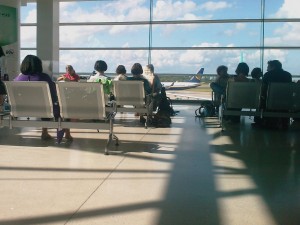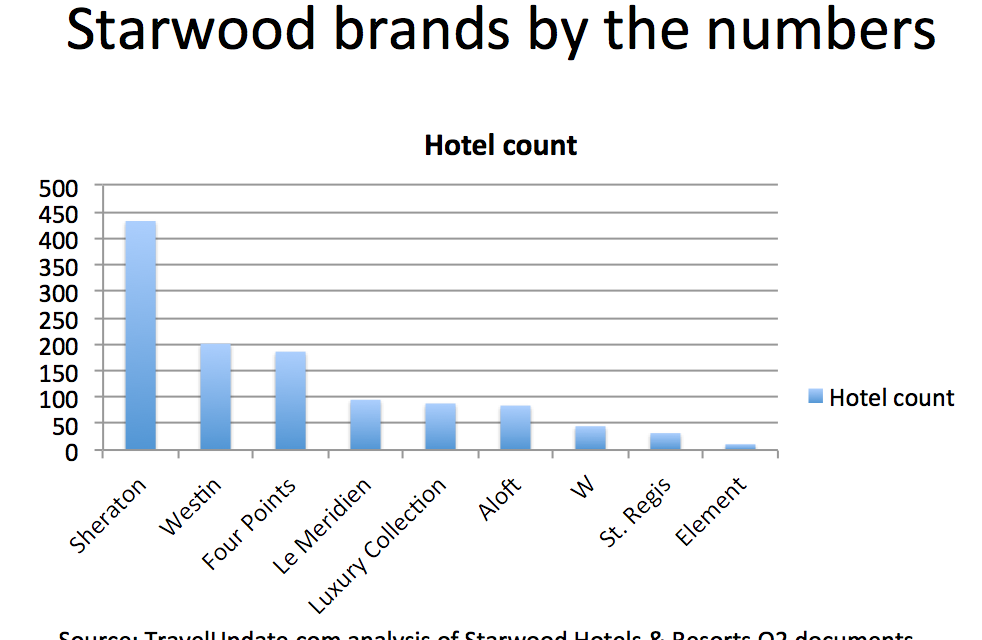In a case of federal whistleblower protection, former Air Marshal Robert J. MacLean landed a victory for himself and the public when the Supreme Court of the United States (SCOTUS) ruled yesterday that he should have been protected under federal law and not fired for leaking information about Transportation Security Agency (TSA) plans to reduce Federal Air Marshal (FAM) covered flights, a move he believed would endanger the public in a time of higher terror threats (Summer 2003).
RELATED:
Court Rejects Professor’s TSA Pat-Down Challenge
How TSA PreCheck May Have Kept This Former Pilot Out Of Court
Frequent Flyer’s Supreme Court Case Concluded
Department of Homeland Security v. MacLean examined the scope of a federal government employee’s right to go public (“whistleblower”) with a claim of misconduct by that employee’s agency, in this case additionally involving public safety vs. national security (or was an unsecure text message even considered “secrets”). In other words, whether the sensitivity of the leaked information from the government can preclude protection for the whistleblower under federal law.
While MacLean was working as a FAM in 2003, he and other FAMs were briefed regarding a potential plot to hijack passenger flights. The Opinion goes on to say:
A few days after the briefing, MacLean received from the TSA a text message cancelling all overnight missions from Las Vegas until early August. MacLean, who was stationed in Las Vegas, believed that cancelling those missions during a hijacking alert was dangerous and illegal. He therefore contacted a reporter and told him about the TSA’s decision to cancel the missions. After discovering that MacLean was the source of the disclosure, the TSA fired him for disclosing sensitive security information without authorization.

Justices side with fired Air Marshal that his termination was unlawful, as protected under the federal whistleblower statute.
MacLean was eventually placed on leave in 2005 and fired in 2006 once it was learned that he was the source (whistleblower) of the leaked information to MSNBC. (Flyertalk thread, 2003 — http://www.flyertalk.com/forum/travel-news/265114-air-marshals-pulled-key-flights.html) He challenged his firing and argued that his disclosure was whistleblowing activity protected under 5 U. S. C. §2302(b)(8)(A) due to a “substantial and specific danger to public health or safety.”
The SCOTUS affirmed the lower court’s decision, ruling that MacLean had violated no law through his leaked information to the media, and thus was protected by the federal whistleblower statute.
As to the government’s concern (and argument in the case) that “providing whistleblower protection to individuals like MacLean would ‘gravely endanger public safety’ by making the confidentiality of sensitive security information depend on the idiosyncratic judgment of each of the TSA’s 60,000 employees,” the Court said that is a matter for Congress, not for the court to legislate from the bench.
____
@travelblawg
facebook.com/travelblawg
Subscribe in the sidebar!
Disclosure of Material Connection: Some of the links in the post above are “affiliate links.” This means if you click on the link and purchase the item, I will receive an affiliate commission.





[…] out again to Chase and got simply, “We anticipate the functionality returning soon.” Supreme Court rules air marshall didn’t violate federal law when leaking TSA plans. The new Vietnam Airlines blog, focused on that nation’s carrier and others in Southeast […]